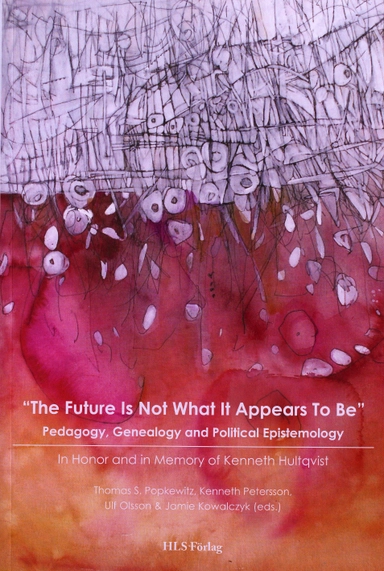This book honors and is in memorial to Kenneth Hultqvist who helped initiate the broader research project to which this volume contributes. This book examines changes in the politics of knowledge in modern social life. The contributors provide important interventions in contemporary discussions about power, change, and the challenges that were raised in the Enlightenment about knowledge, reason, and the possibilities of humanity. The studies in the book examine a range of social programs and educational reforms to understand their implications, assumptions and consequences. Firstly, the chapters contribute to an international discussion on the historical relationships between social change, political rationalities, and the technologies of the self in a range of social life that included pedagogy. Secondly, the book offers new ways of studying and understanding the relation of the welfare state, social and education sciences, and todays configurations of liberal governing. Thirdly, the discussion brings into focus and critiques the distinctions of social and educational theories that differentiate "context" and programs, divides discourse from the "real", separates the subjective and objective and the personal and the public, and disconnects civil society from the state "reason" in modern government. "Trots sin ojämnhet är boken väl värd att läsa. Ansatsen bidrar till att skapa utrymme för reflektion kring vår samtid och de sätt varpå vi talar om skola, utbildning och framtid. Hur kommer det sig att vi talar om ett kunskapssamhälle? Vad har gjort ett sådant talesätt möjligt och vad för effekter i form av exkluderingspraktiker har det? Det är frågor som kan relateras till den förhoppning författarna har om att boken och det forskningsprojekt boken är kopplad till skall leda till 'an expanded, problematizing discussion of ongoing changes in the politics of knowledge in modern social life' (s 17). En god ambition som andas kritik i form av exempel i motsats till en mer grundläggande och föreskrivande kritik, något som inte är allt för vanligt i utbildningsvetenskaplig forskning idag." Andreas Fejes, Pedagogisk Forskning i Sverige, nr 4/2006
Åtkomstkoder och digitalt tilläggsmaterial garanteras inte med begagnade böcker





















